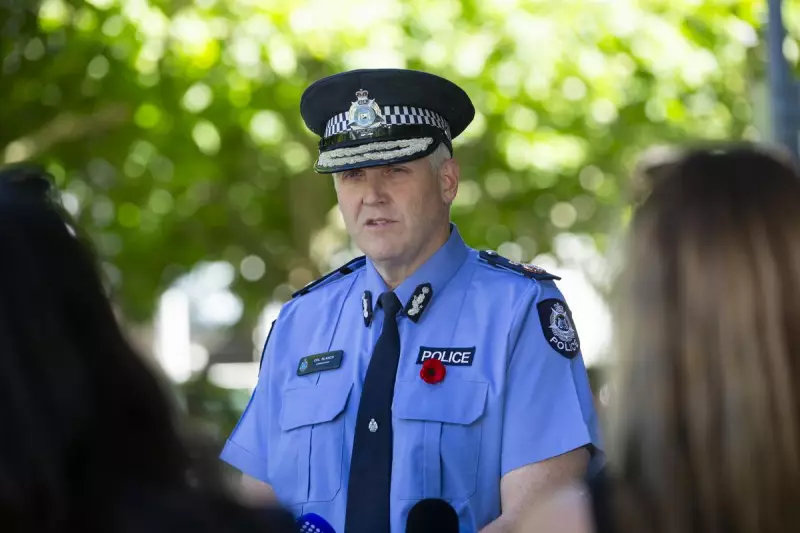
Western Australia's top police officer has revealed a significant shift in domestic violence reporting patterns across the state, with women in regional areas and Aboriginal communities now more likely to come forward with their experiences.
Breaking the Silence in Regional Communities
Police Commissioner Col Blanch told a recent community safety forum that regional women and Aboriginal women are reporting domestic violence at higher rates than previously recorded. This development marks a crucial turning point in addressing family violence across Western Australia's vast geographical areas.
The commissioner attributed this positive change to several factors, including improved police responsiveness and dedicated outreach programs. "We are seeing more reports from regional Western Australia and more reports from Aboriginal women," Commissioner Blanch confirmed during his address to community members and stakeholders.
Police Initiatives Driving Change
WA Police have implemented several targeted strategies to encourage reporting and improve support for victims. The establishment of regional specialist domestic violence units has been particularly effective in building trust between police and vulnerable communities.
Commissioner Blanch emphasized that increased reporting doesn't necessarily indicate rising violence rates, but rather reflects growing confidence in police responses. "It tells me that our messaging is getting out there, that women have the confidence to ring police," he explained to forum attendees.
The police force has worked extensively with Aboriginal communities through culturally appropriate programs and partnerships with elder groups. These initiatives have helped bridge historical gaps in trust and understanding between law enforcement and Indigenous Australians.
Ongoing Challenges and Future Directions
Despite the progress, Commissioner Blanch acknowledged that significant challenges remain in combating domestic violence across all Western Australian communities. The geographical isolation of many regional areas continues to present obstacles for both victims seeking help and police providing timely responses.
The commissioner stressed that police response times and support services must continue improving to maintain the current momentum in reporting. Additional resources are being directed toward regional domestic violence units, and specialized training for officers working in remote communities has been expanded.
Community leaders have welcomed the increased reporting trends while emphasizing the need for continued investment in support services. Safe accommodation options, counseling services, and legal assistance remain critical components of the broader response to domestic violence.
As Western Australia moves forward, the increased willingness of regional and Aboriginal women to report domestic violence represents a hard-won achievement in community policing. However, as Commissioner Blanch noted, the work is far from complete, and maintaining community trust remains the priority for law enforcement agencies across the state.





